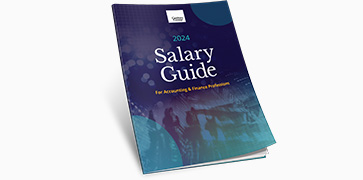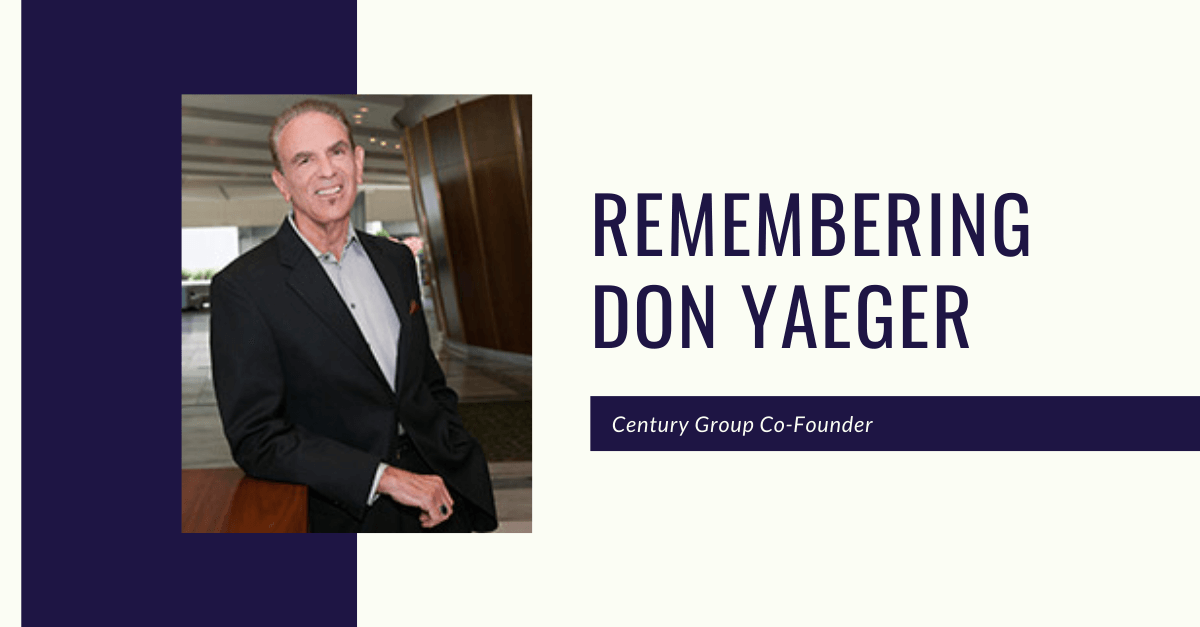In a year like no other, this economic trend continuing into Q4 is a welcome one: steady growth. The U.S. Bureau of Labor Statistics reported an added 661,000 jobs in September, with unemployment dropping to 7.9%.
“These improvements in the labor market reflect continued resumption of economic activity that had been curtailed due to the coronavirus (COVID-19) pandemic and efforts to contain it,” the BLS says. “In September, notable job gains occurred in leisure and hospitality, in retail trade, in healthcare and social assistance, and in professional and business services.”
In fact, the UCLA Anderson Report’s already optimistic forecast projected the national unemployment rate to hit 7.8% by the end of 2020 — a figure we’ve nearly met at the top of Q4. That number for college-degreed professionals was even lower in September, falling to 4.8% from 5.3% in August.
– U.S. Bureau of Labor Statistics
For Employers
As various sectors continue their rapid recovery, the influx of skilled accounting and finance professionals on the market for the past several months is quickly dwindling. Professional Services and Financial Activities — the two industries where our niche falls — had an unemployment rate of 6.6% and 4.4%, respectively, and demonstrates the growing demand for these candidates.
The pandemic has shifted many job seekers’ priorities, requiring companies to make the necessary adjustments to attract top candidates. Some of these include highlighting a strong company culture — one that emphasizes its employees’ well-being — and growth potential in their new role. Employers should also expect to offer flexible work arrangements when hiring in the near term.
Contact our recruiters for more candidate insights and hiring trends, so you can find the right talent to grow your team.
For Job Seekers
This hiring environment has made it imperative for workers to be adaptable. Being remote-ready is no longer a nice-to-have, but a must. And proving that you can be a productive, resourceful employee in a work-from-home setting is key to your hireability during the interview process.
For accounting and finance professionals looking to grow their resume or diversify their industry experience, taking on temporary or interim assignments is a great option. Employers are always seeking accounting and finance talent to help their management navigate uncertainty, regain financial stability and forecast the future. According to the American Staffing Association, 30% of staffing companies are reporting gains of new assignments week-to-week — illustrating how companies are turning to temporary workers to handle these responsibilities.
Check out our latest temporary and permanent jobs nearest you.















